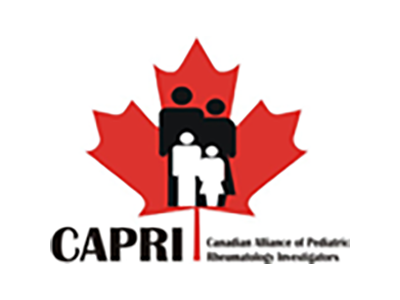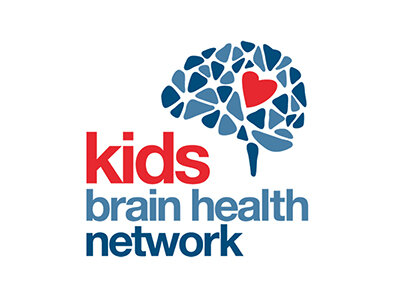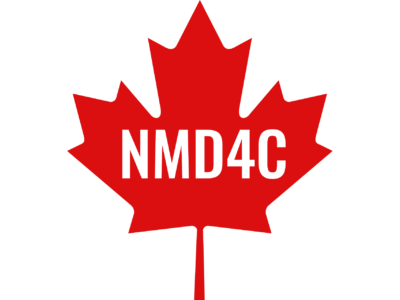Affiliated Research Networks.
Coalition of the Willing
Networking is absolutely essential to advancing maternal and child health research as each province has too few patients with any given condition or adverse outcome to conduct adequately powered clinical studies over reasonable time periods.
Canada enjoys a wealth of networks that connect people at sites across the country to do research and learn how variations in clinical practices affect maternal and child health outcomes. Self-described as “coalitions of the willing” because there is very limited support for networks in Canada, the clinicians and researchers participating in these networks do so on the basis of collective need to collaborate in order to provide the best care at their site. In MICYRN’s Coalition of Networks, there is ‘strength in numbers’, and a more effective body with which to address key issues affecting the ability to do research across multiple jurisdictions. Collectively, this rich diversity of networks captures virtually all the neonatal and pediatric intensive care beds, all of the academic pediatric emergency, surgical and anesthesia services, most subspecialty pediatric practices, and 70% of the high risk maternity beds in the country.
Click HERE for a snapshot of research network activity across the country. If you are interested in joining our growing network coalition, please refer to the affiliation terms of reference and contact us.
Affiliated Networks
-

C17
C17 is composed of the 16 pediatric hematology, oncology, and stem cell transplant programs in Canada, and is working to improve outcomes and quality of life for children with cancer and serious blood disorders.
-

CAIRE
The Canadian Association for Immunization Research, Evaluation and Education is a unique professional organization dedicated to building the scientific foundation of optimal immunization programs.
-

CanCORPS
The Canadian Consortium for Research in Pediatric Surgery, is a newly founded consortium aimed at improving pediatric surgical care through high quality collaborative research.
-

CanFASD
The Canada Fetal Alcohol Spectrum Disorder Research Network is a collaborative, interdisciplinary research network that supports Canada’s leadership in addressing the extraordinary complexities of FASD.
-

CAPRI
The Canadian Alliance of Pediatric Rheumatology Investigators consists of most pediatric rheumatologists in Canada, whose collaborations produce groundbreaking research on the modern course and outcomes of JIA.
-

CAPSNet
The Canadian Pediatric Surgery Network is a multi-speciality Canadian collaborative that enable systematic study of the two most common structural birth defects: gastroschisis and congenital diaphragmatic hernia.
-

Care4Rare
Care4Rare is a pan-Canadian collaborative team of clinicians, bioinformaticians, scientists, and researchers, focused on improving the care of rare disease patients in Canada and around the world.
-

CBAR
The Canadian Biliary Atresia Registry collects information on the treatment of Biliary Atresia in order to optimize standards of care and provide a national collaborative platform for research, education, and knowledge transfer.
-

CCCTG
The Canadian Critical Care Trials Group improves the care of critically ill patients through investigator-initiated research, and provides research method continuing education.
-

CIDsCaNN
The Canadian Children Inflammatory Bowel Disease Network, in partnership with the CH.I.L.D. Foundation, enables pediatric IBD specialists and basic scientists to better understand pathogenesis and optimize IBD treatment.
-

CIMDRN
The Canadian Inherited Metabolic Diseases Research Network provides the evidence needed to improve outcomes and health care services for children with inborn errors of metabolism.
-

CLAE
The Canadian League Against Epilepsy is developing innovative therapeutic and preventative strategies to avoid the consequences of epilepsy, improving life quality for those affected by the condition.
-

CNFUN
The Canadian Neonatal Follow-Up Network facilitates research, integrated data collection, and knowledge translation to improve care and outcomes of children seen in neonatal/perinatal follow-up programs nationally.
-

CPCRN
The Canadian Pediatric Cardiology Research Network supports Canadian pediatric cardiology investigators in the planning, designing and coordination of efficient pan-Canadian studies.
-

CPEN
The Canadian Paediatric Epilepsy Network is a collaborative group of investigators working to promote, facilitate and engage in research that will advance understanding of paediatric epilepsy.
-

CPHRG
The Canadian Pediatric Hepatology Research Group collaborates on pediatric liver diseases research and advocating for optimization of clinical care of children and youth with liver disease.
-

CPNDS
The Canadian Pharmacogenomics Network for Drug Safety is reducing serious adverse drug reactions in children and adults, exploring genetic variation as a key factor in adverse drug reactions.
-

CSMFM
The Canadian Society of Maternal Fetal Medicine represents MFM specialists in Canada, and promotes education and research relevant to maternal, fetal and newborn health.
-

Kids Brain Health Network
Through catalyzing collective action across sectors, KBHN ensures optimal care and better outcomes for children with neurodevelopmental disabilities and their families.
-

NMD4C
The Neuromuscular Disease Network for Canada brings together the country’s leading clinical, scientific, technical, and patient expertise to improve care, research, and collaboration in neuromuscular disease.
-

PeCaHN
The Pediatric Canadian Headache Network is working to improve the care and outcomes of children and adolescents with headache disorders by promoting research into pediatric headache disorders and education opportunities.
-

PedPalASCNET
The Network for Accessible, Sustainable and Collaborative Research in Pediatric Palliative Care is a continuation of Canada’s first multidisciplinary research team with a focus on pediatric palliative and end-of-life care.
-

PERC
Pediatric Emergency Research Canada is a well-established network of health care researchers at 15 Canadian children’s hospitals that is dedicated to improving care in pediatric emergency medicine through multi-centre research.
-

PICNIC
The Pediatric Investigators Collaborative Network on Infections in Canada has published a number of papers under the network’s name.
-

PINC
The Pediatric Anesthesia Investigators Network of Canada was initially created with a mandate to promote excellence and collaboration in pediatric anesthesia research.
-

PIRN
The Paediatric Inpatient Research Network is a national network with the goal to work with children and families to generate evidence that improves care and outcomes for hospitalized children in general pediatric settings.
-

TREKK
Translating Emergency Knowledge for Kids is a growing network of researchers, clinicians, partners and families who share the same goal—to improve emergency care for children across Canada.
-

WCCHN
The Western Canadian Children’s Heart Network is a collection of hospitals providing highly specialized cardiac care for children. It links expertise, collaborates on complex cases, and streamlines referrals so all children can access the highest standard of care.
